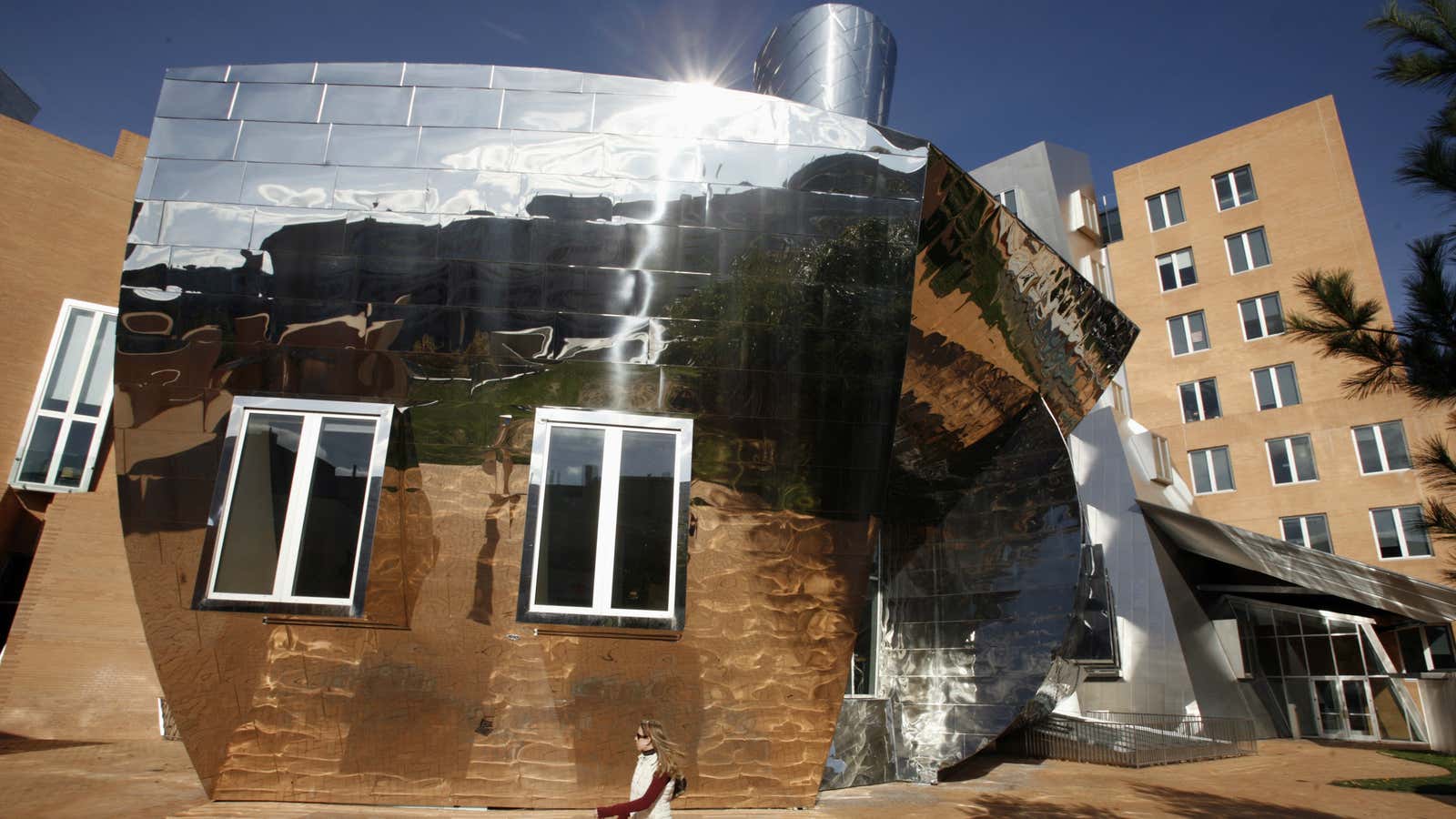There has been a lot of conversation recently about how Silicon Valley is no longer the best place to launch a startup. There are growing tech ecosystems around the US—Silicon Alley (NY), Silicon Beach (LA), Silicon Mountain (Denver), among others.
In a report released this week, Washington, DC-based startup incubator 1776 named Boston as the No. 1 place to launch a startup in the US, with the San Francisco Bay Area ranked No. 2. Global incubator 1776, in collaboration with the US Chamber of Commerce, used six metrics to evaluate cities: available talent, access to startup capital, industry specialization, urban density, ecosystem connectivity, and lifestyle/culture. While San Francisco is by far the leader in startup activity, the quality of life (due to high cost of living) and overall competitiveness pushed it to No. 2 on this list. Denver, Raleigh-Durham, and San Diego ranked 3rd, 4th, and 5th, respectively. This is the second edition of 1776’s “Innovation that Matters” report, but its inaugural ranking of the best cities for startups.
Boston is typically ranked among the top tier startup cities since it mirrors many of Silicon Valley’s advantages on the East Coast, particularly for having leading universities and research institutions in close proximity (Harvard, MIT, UMass). On Monday (May 9), Bloomberg’s Emily Chang reported on Boston’s quest to create the next $1 billion company.
Focusing on other centers for innovation has been happening for the past few years now. Quicken Loans founder Dan Gilbert invested more than $1 billion to revitalize Detroit. Zappos CEO Tony Hsieh invested $350 million to spark a startup scene in Las Vegas. AOL co-founder and investor Steve Case is another evangelist of the movement; last year he went on a bus tour (“Rise of the Rest“) intended to draw attention to other US startup capitals.
It’s important to remember that deciding where to launch a startup depends upon what you want to specialize in. Some cities are epicenters for healthcare innovation, while others have more talent and resources devoted to fashion retail and design. Founders should evaluate where they already have an existing network (such as a university town) and cities where they have a lot of weak ties (valuable 2nd or 3rd degree connections) that could be catalysts to find talent and capital. Quality of life is also important. When you’re starting from zero, high living expenses can become a liability.
In his popular “guide to career planning” venture capitalist Marc Andreessen advises entrepreneurs: “Don’t worry about being a small fish in a big pond — you want to always be in the best pond possible, because that’s how you will get exposed to the best people and the best opportunities in your field.” For some founders that’s Boston, for others that would most definitely be Silicon Valley.
